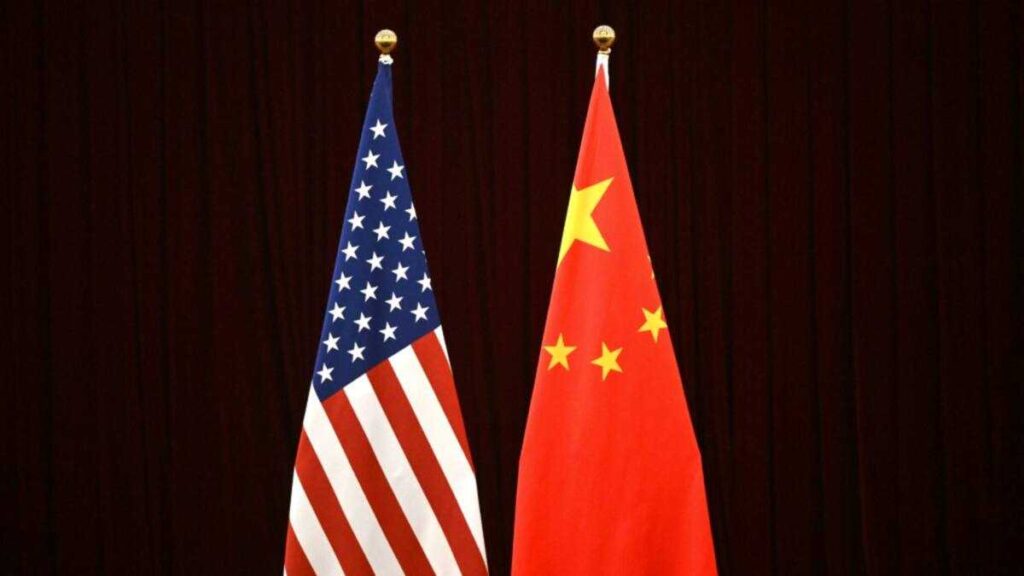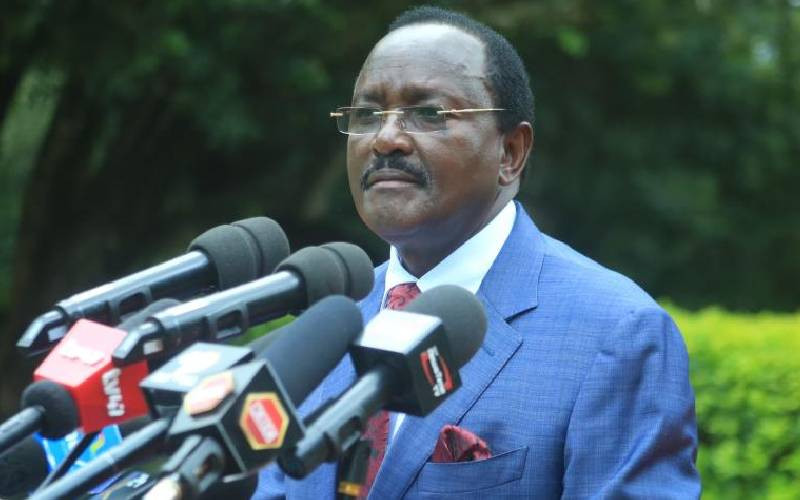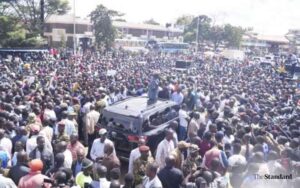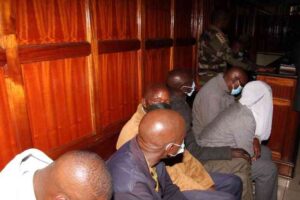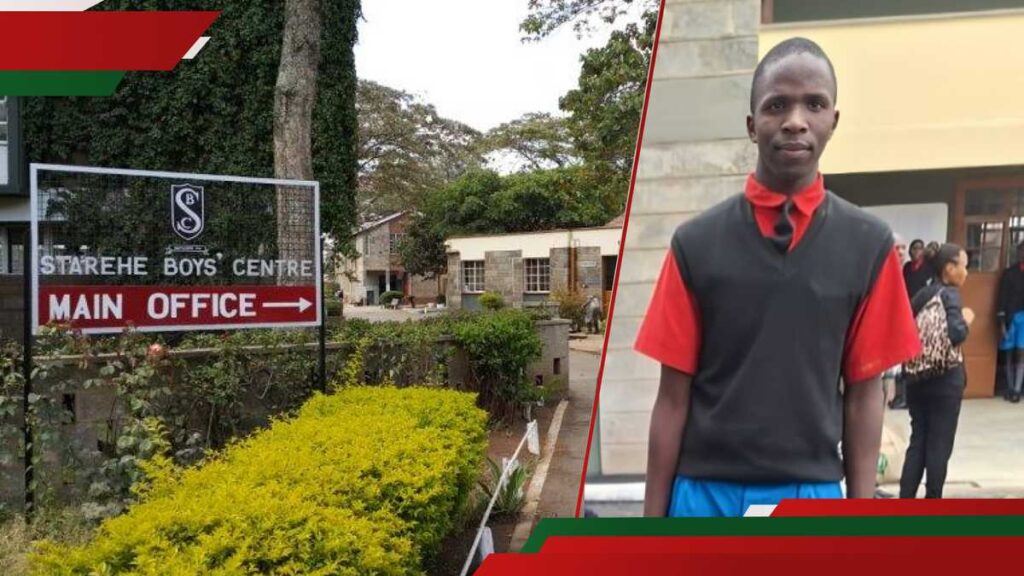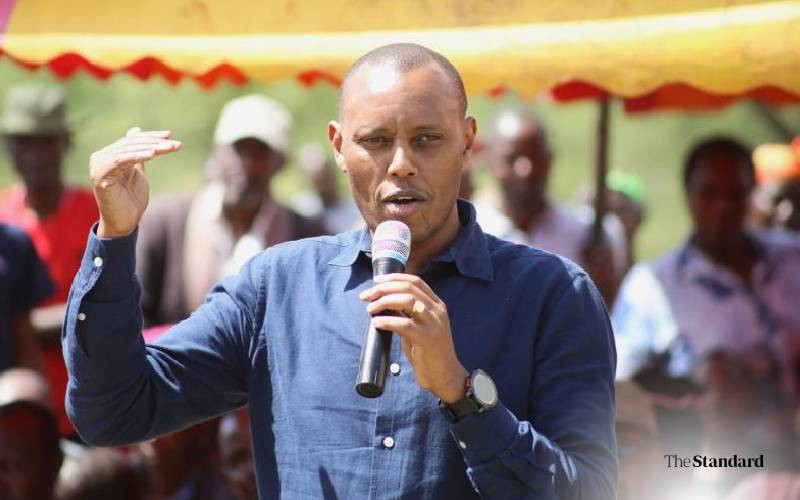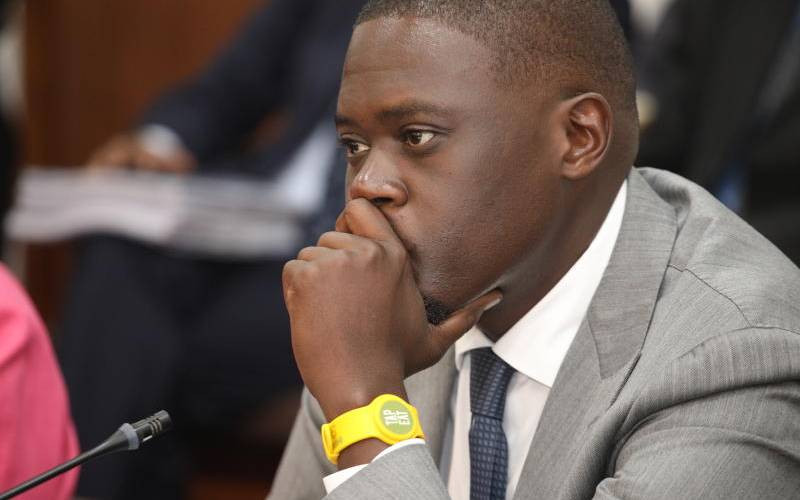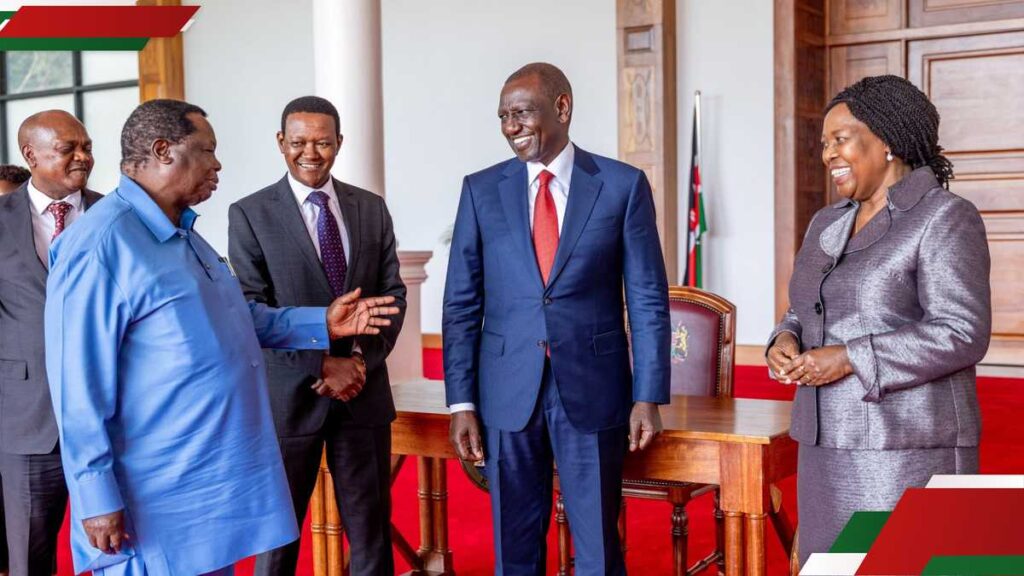Whenever President William Ruto embarks on his frequent weeklong tours outside Nairobi, one thing has become almost routine, pledging land or promising to resettle the landless.
From issuing title deeds to affirming his commitment to addressing historical land injustices, the President has made land reforms a central theme of his administration.
His latest visit to Narok county has stirred debate after he underscored the need for Government to issue title deeds, notably handing over key documents related to Mau Forest land to the Narok county government.
“We are issuing title deeds in Narok County and surrounding areas to resolve long-standing land disputes and foster peaceful coexistence. Our goal is to ensure Kenyans live in harmony and focus their energies on making meaningful contributions to nation-building,” he said.
However, President Ruto’s pledge to grant 6,000 acres in Kedong Ranch has sparked a national debate over how land matters should be managed.
“I made a promise to the people of Narok that they would get a share of Kedong land. I have secured government money and purchased 6,000 acres for them. I’m now ready to hand over the title deeds,” the President said.
Kedong ranch has been a centre of controversy among the Maasai community, with accusations and counter accusations of powerful politicians from previous administrations attempting to grab it.
Article 67 (2) outlines the mandate and functions of National Land Commission (NLC), guides the management of public land on behalf of national and county governments and advise national government on a comprehensive programme for the registration of title in land throughout Kenya.
Land Development and Governance Institute (LDGI) Chairman Ibrahim Mwathane said modalities surrounding the President’s decision may not be out in the open but is a matter that should be handled with utmost care.
He also explains that the Land Act provides clear guidelines on how land allocation in the country should be done. This, he said, includes acquiring land via an ancestral right through adjudication, a Kenyan can also buy land or even obtain it through inheritance.
“You can also be allocated public land — if it is available for allocation on request — and the law does stipulate various methods of allocating public land in this scenario which can be through auction or maybe through sale… It is a whole process,” he told The Standard.
Clear guidelines
Although it was not clear how the decision on Kedong land was arrived at, Mwathane said the President could be invoking the settlement fund trustee provisions.
“The Government would get funds from that kitty and buy land then it would be allocated to a needy community. In my view, it’s a very unique situation that we are going through. There is need to understand what provisions have been used and whether the group had expressed its interest on land. Just what was the problem?”
Stay informed. Subscribe to our newsletter
Mwathane says that this decision is sensitive such that if not handled with care, it could open a can of worms for communities which would also want to get land.
“There is a provision where the government can buy land from a private landowner. If you look at the section on settlement, I think the whole thing is about who is to be resettled, the state of want from the people that you decide to settle, is it truly a landless group? Would you say they are the priority group? I think therein lies the question,” he opined.
“Let us not forget that we say land is sometimes used as a carrot stick for political purposes but I’m not saying that is the case. I would like to understand the motivation behind that particular process that seems to have informed this transaction,” he added.
Timelines
But the danger this situation poses, says Mwathane, is that it would give rise to situations where some people can decide to invade people’s land then arm twist government to buy it and allocate it.
“Whereas it was trying to resolve a long running problem, it has the capacity to also be abused as a precedent, where the government is forced to buy land from private landowners for purposes of resettling, which is not necessarily a very good practice,” he says.
Again, the short timeline given to issuance of the Kedong title deeds, he said, are a concern, noting, experience has shown that, in some instances, titles hurriedly prepared are fraught with technical errors like incorrect names, land sizes or map sheet details.
“It would be advisable that in public titling processes such as the one mooted at Kedong ranch, technical teams be given adequate time to plan and survey then prepare maps and area lists. These would then be used by the land registry to support titles for duly vetted beneficiaries,” he says.
Advocate Samuel Mwangi said that it would not be the proper way of allocating land, noting that there are certain steps that must be adhered to.
According to Mwangi, there is always a danger when pronouncements are made in public and then when it comes to implementation of the directive, there could be probabilities of somehow bending the law.
He said that the proper way maybe would have been first to find out the legal process, what would be needed, especially from the land registrars, surveyors and land officers and when all this is done, get expert opinion from the land officers within each county.
“This way, they would then guide the process that would then be made in a public forum. But it is like putting the horse before the cart, then undoing it afterwards, which of course would be more complex,” he explains.
Mwangi states there have been similar situations before where, after a pronouncement has been made, confusion arises within the land’s office since there is a marathon to issue title deeds without proper paperwork.
Again, he noted that the Supreme Court has pronounced itself before on such matters that due diligence is mandatory which not only covers the title but also going to the root of the property, getting documentation, speaking to the community within, which has owned that parcel of land, speaking to the locals and Nyumba Kumi.
Political analyst Javas Bigambo said public land is held in trust for Kenyans and the National Land Commission should always give guidance on how public land is to be allocated, under a clear policy.
“Public land may therefore be allocated for development that will benefit the general public or for public interest. He added that land may be allocated for public benefit and use but with a clear policy.
Consumer Federation of Kenya (COFEK) Secretary General, Stephen Mutoro posting on his social media page said: “Interesting questions as President Ruto says “he has found money” for 6,000 acres in Kedong — and is awaiting for a list of beneficiaries (from whom) and the title deeds will be ready in one week!”
He posed, “Did Parliament appropriate the funds (between Sh3 billion– 5 billion if an acre is average Sh0.3 million, for 10,000 acres, who is the seller? The rate per acre? Procurement process? Who exactly will know the list of genuine beneficiaries? Is this the new precedent?”















